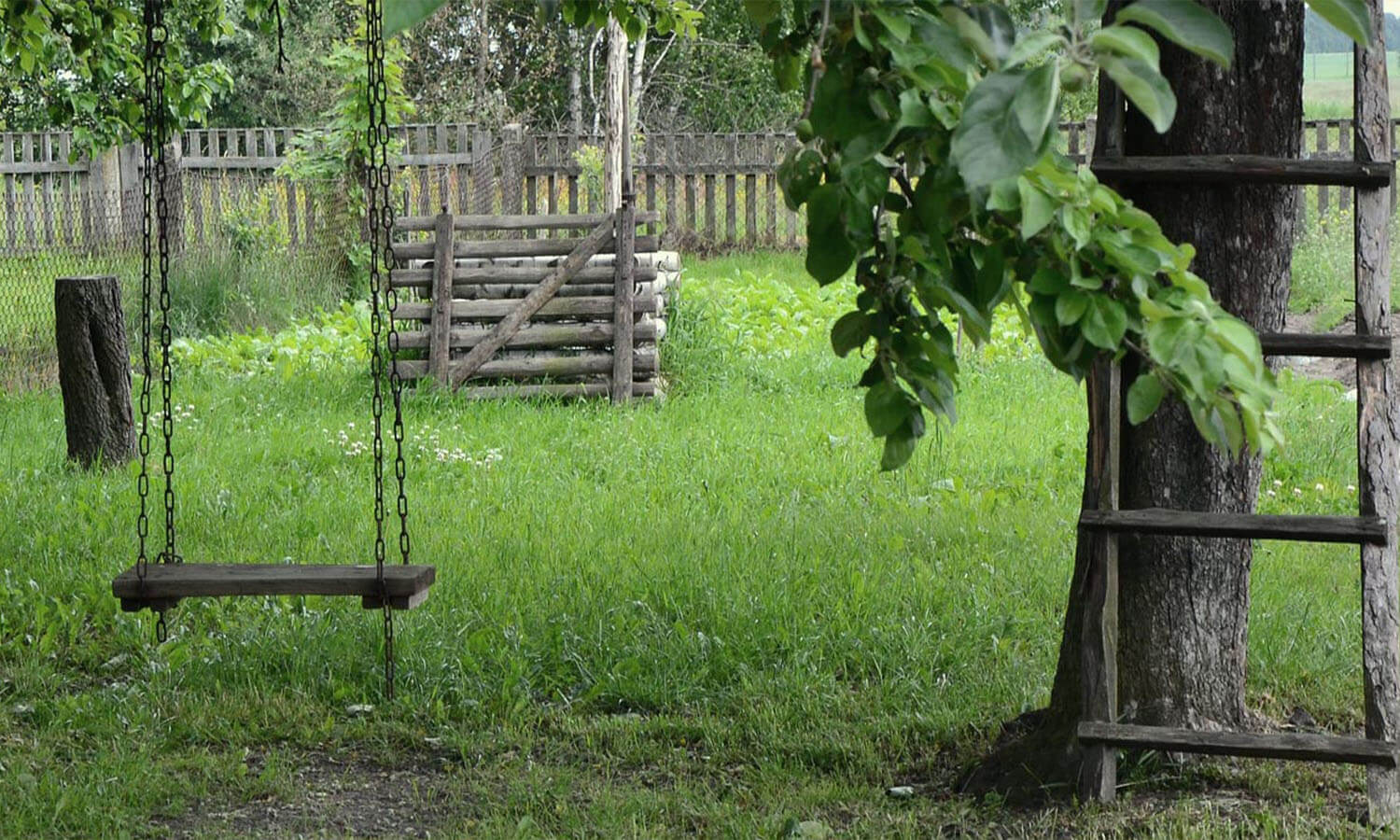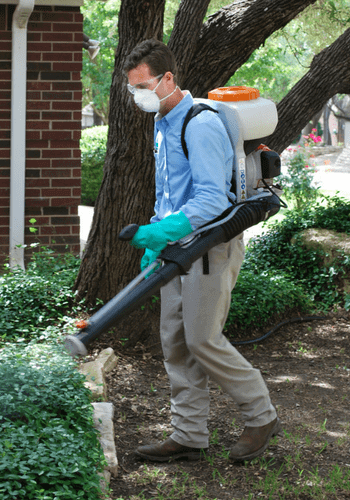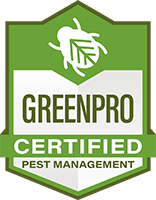
Mosquito Control
Helping Austin Homeowners with Mosquito Control
One of the reasons homeowners have such a hard time controlling mosquitoes on their own is that these pests reproduce so quickly. Mosquito eggs can develop into larvae in only 24 to 48 hours, and not all species require standing water to breed. In addition, your yard provides these blood-sucking insects with many places to rest during the day so that they can attack you when you are most likely to be outside—at in the late afternoon, and to a lesser extent, during the early morning hours.
Chem-free’s mosquito control protocol is designed to address all stages of the mosquito life cycle, from egg to adult, by identifying and targeting both breeding grounds and resting areas.

Frequently Asked Questions
There is no scientific consensus about what attracts mosquitoes to certain people more than others. A few of the theories are that mosquitoes respond to changes in heat, movement, moisture and chemicals in the air, including lactic acid and carbon dioxide. Since dark colors retain heat and mosquitos prefer warm conditions, researchers claim that people wearing lighter colors are less likely to get bitten. Scented products, including clothes detergents and fabric softeners, can also attract these pesky pests.
- Once a week, remove all standing water around your property, including that might be hidden in rain gutters, buckets, grill and pool covers, tires, watering cans, outdoor toys and lawn equipment.
- At least weekly, empty or replace water in fountains, children’s plastic swimming pools, bird baths, rain barrels and planter trays at least weekly.
- Treat your swimming pool regularly and keep the water in it circulating regularly.
- Fill temporary pools of water with dirt or address any drainage issues on your property.
- Repair or replace any leaking sprinkler heads that may cause water to collect.
- Wearing pants, long socks, shoes and long sleeves when outside.
- Replacing your porch and outdoor lights with “bug lights”.
- Applying insect repellents, following the instructions on the label.






